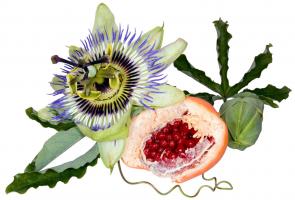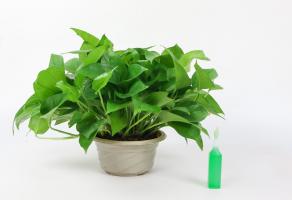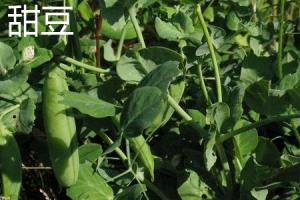Introduction
Aspirin, also known as acetylsalicylic acid, is a common pain reliever and fever reducer. However, recent studies have suggested that it can also have positive effects on plants, particularly in terms of fighting off pests and diseases. This has led to the question of whether aspirin is beneficial for cucumber plants. In this article, we will explore the research on this topic and discuss the potential benefits and drawbacks of using aspirin on your cucumber plants.
The Research on Aspirin and Plants
Several studies have been conducted on the effects of aspirin on plants. One of the most notable was conducted by researchers at the University of Agriculture in Faisalabad, Pakistan. They found that treating tomato plants with a solution of aspirin helped to reduce their susceptibility to fungal infections, resulting in healthier plants with higher yields. Other studies have found similar results, with aspirin helping to boost a plant's immune system and reduce the damage caused by pests and diseases.
Aspirin and Cucumber Plants
While there has been less research specifically on the effects of aspirin on cucumber plants, there is reason to believe that it could be beneficial. Cucumbers are susceptible to a variety of pests and diseases, including powdery mildew, bacterial wilt, and spider mites. Aspirin has been shown to help fight off these pests and diseases in other plants, so it could potentially have the same effect on cucumbers.
The Benefits of Aspirin for Cucumber Plants
There are several potential benefits to using aspirin on your cucumber plants. One of the most significant is that it can help to boost the plant's immune system, making it less susceptible to pests and diseases. This can result in healthier plants with higher yields. Additionally, aspirin has been shown to help plants recover from environmental stresses, such as drought or extreme temperatures. Finally, aspirin can act as a natural fertilizer by stimulating the plant's growth and promoting root development.
The Drawbacks of Aspirin for Cucumber Plants
While aspirin can have many benefits for plants, there are also some potential drawbacks to consider. One of the biggest is the risk of overuse. If aspirin is applied too frequently or in too high of a concentration, it can actually harm the plant and inhibit its growth. Additionally, aspirin can be expensive, especially if you have a large garden or farm. Finally, some people may be concerned about the potential for aspirin to leave residues on the plants, which could be harmful if ingested.
Conclusion
In conclusion, there is evidence to suggest that aspirin can be beneficial for cucumber plants, particularly in terms of boosting their immune system and fighting off pests and diseases. However, it is important to use aspirin carefully, as overuse can have negative consequences. Additionally, aspirin may not be the best choice for everyone, depending on factors such as cost and concerns about residues. If you are considering using aspirin on your cucumber plants, it may be worth consulting with a gardening expert or conducting some additional research to determine whether it is the right choice for your specific needs.

 how many times do yo...
how many times do yo... how many planted tre...
how many planted tre... how many pine trees ...
how many pine trees ... how many pecan trees...
how many pecan trees... how many plants comp...
how many plants comp... how many plants can ...
how many plants can ... how many plants and ...
how many plants and ... how many pepper plan...
how many pepper plan...































